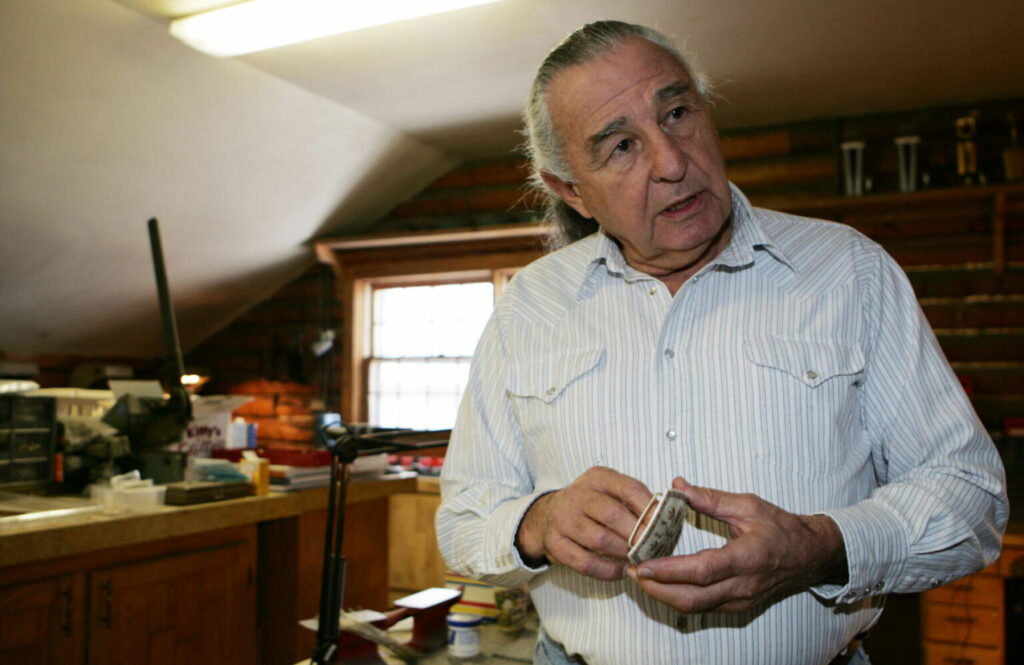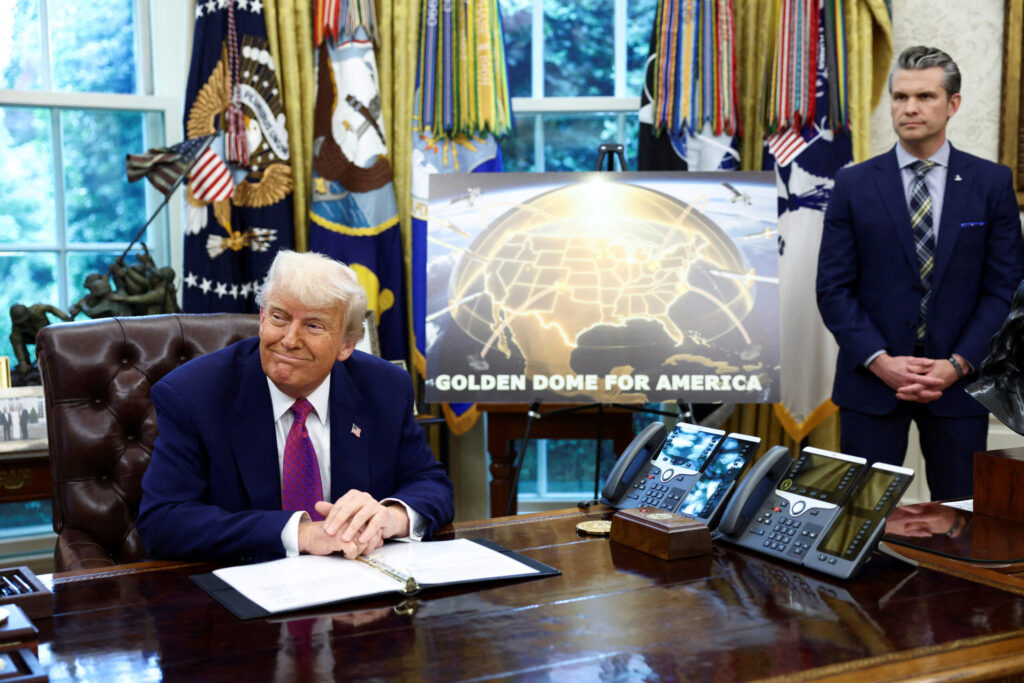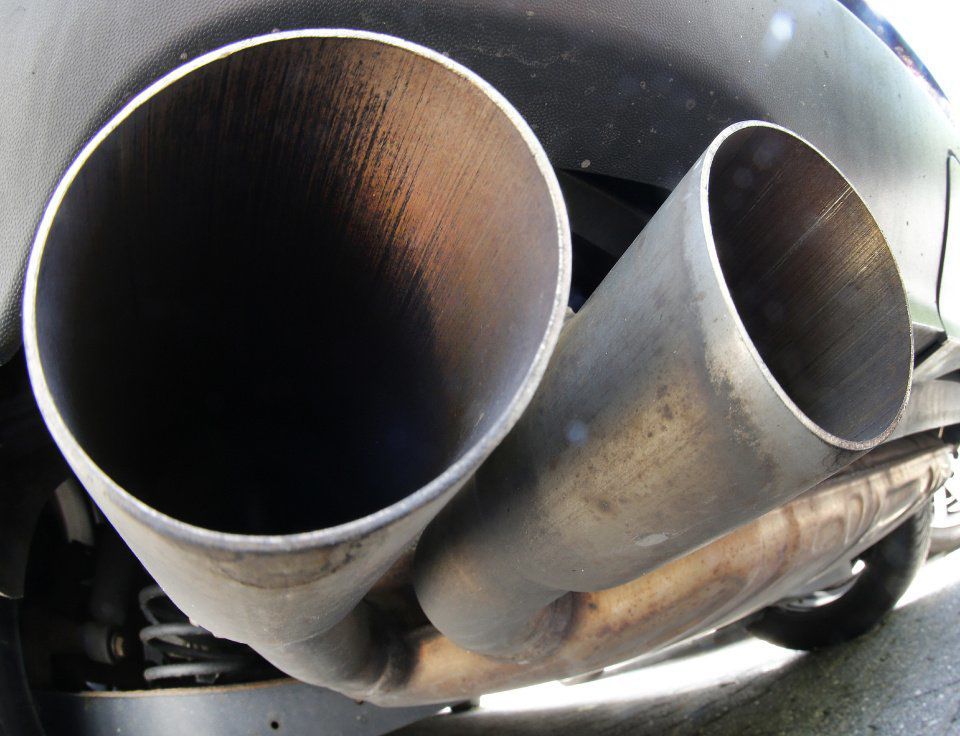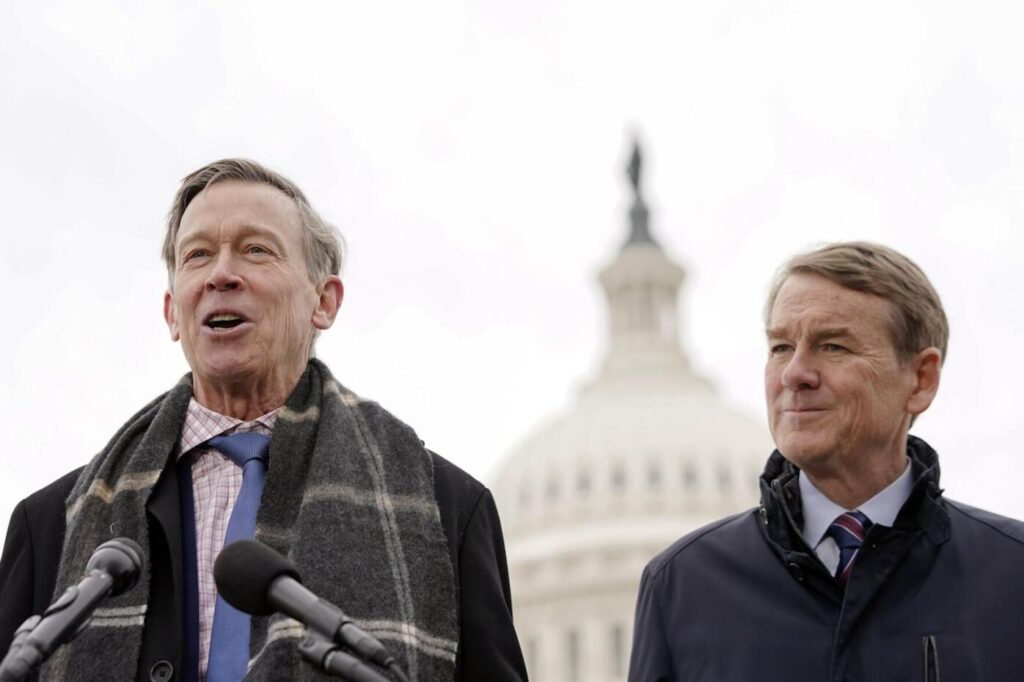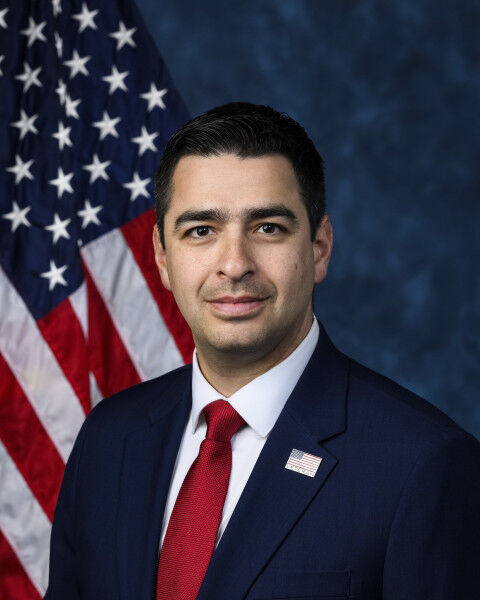Outdated transportation system could stall Colorado growth
Colorado has the team in place to make big-ticket transportation projects come to life, according to state officials. What the state doesn’t have is the money.
Monday, Gov. John Hickenlooper, along with transportation officials and business leaders, talked about the problems of trying to keep the state’s economy moving when its transportation system isn’t keeping up. Hickenlooper spoke to transportation business leaders as part of a one-day summit sponsored by the Colorado Department of Transportation (CDOT) and the Denver-based Transit Alliance. In addition to transportation funding, the summit, held at the Hyatt Regency at the Colorado Convention Center, also looked at technology, including autonomous and electric vehicles.
Solving the money problem for transportation has been on the governor’s agenda for several years, and in 2017 he came the closest ever to finding that sweet spot – bipartisan cooperation for a sales tax hike that would get the state’s $9 billion wish list off the ground. He had both the Democratic Speaker of the House and the Republican Senate president on board.
But fiscal conservatives in the state Senate doomed that proposal, and with an election year looming for 2018, finding a bipartisan deal that can pass the Republican-controlled Senate may be a tall order.
Enter the Metro Denver Chamber of Commerce, which tried last year to persuade lawmakers to get behind the bipartisan transportation solution. The Chamber isn’t waiting for lawmakers to figure out the deal for 2018. Denise Burgess, chair of the chamber’s board of directors, said the organization will back a measure to increase the state’s sales tax, which was at the heart of the deal proposed by the governor during the 2017 session.
The Colorado Contractors’ Association also is pushing for a ballot measure to fund transportation, as is the Independence Institute, with its “Fix Our Damn Roads” proposal. The contractors group has six ballot measures working their way through the initiative process, each with a slightly different sales tax hike. The Institute’s ballot proposal would rely on existing state revenues.
The Chamber measure would use the failed bill from the 2017 session as a starting point, according to spokesperson Sara Crocker. That bill sought to increase the state sales tax from 2.9 percent to 3.4 percent, which could raise up to $3.5 billion for transportation projects.
Both Burgess and Hickenlooper made the case Monday for a transportation solution, pointing out how much the lack of funding is costing the state economy and its workforce.
Forty-one percent of Colorado’s major urban roads are in poor condition, and people lose up to 50 hours a year just sitting in traffic, Burgess said. “Our quality of life and economy will suffer if we don’t make significant investments in transportation … we can’t afford to do nothing; it puts our safety and economy at risk.”
Colorado has made great gains in its economy in the past six to eight years, Hickenlooper said. The state is rated second in job growth, third in gross domestic product and, according to US News & World Report, is the top state in the country for economic growth.
But the state has not kept up with ensuring its roads and bridges are in good repair, not to mention expanding highways like I-70 and I-25. The gas tax hasn’t been increased in Colorado since 1992, Hickenlooper said, while neighboring states like Kansas and Utah have increased their gas taxes twice. An investment of $9 billion – CDOT’s estimate for the next ten years – would put Colorado only into the top quarter of states investing the most in transportation. And that’s with a population increase of 800,000 over the past decade and an expected population boom of as much as three million in the next three decades.
“If you want to look at what restricts economic growth, tie everyone up in congestion,” the governor said, while acknowledging that he’s having a hard time getting a bipartisan commitment to pass a transportation funding bill.
But CDOT just doesn’t have the money. To expand I-25 by one lane almost from the state’s north to south borders would cost about $2 billion, more than CDOT’s annual budget. “Colorado’s economy will rise and fall on whether we make these infrastructure investments,” the governor said.
Hickenlooper spoke to reporters after the address, telling them he hasn’t given up on working with the legislature for next year. “I think this will be the year we get it done, but it has to be bipartisan,” he said. And to those Republicans who want a solution based on existing state revenues, Hickenlooper said they are asking for budget cuts that just aren’t possible. “You don’t want to take away health care for those with disabilities,” cut K-12 education or cut human services programs. “It’s hard, even impossible, to find a billion dollars through cuts,” especially to entitlements, he said.
While he hasn’t seen what the Chamber is proposing, he said he is open to their ideas. And as long as voters understand what they’ll get for that transportation investment, Hickenlooper said he believes voters will support a ballot measure. “We’re in a competition” with the few cities that are growing, and it would be “a terrible loss” if Colorado loses opportunities for growth because it didn’t take care of its roads and bridges.
At the federal level, there’s talk of a transportation infrastructure solution that could be part of tax reform, according to Peter Ruane, president and CEO of the American Road and Transportation Builder’s Association.
Ruane noted that 253 members of Congress have signed onto that idea, from both sides of the aisle. “It’s our job to put the heat on to make them” fix the problem, Ruane said.
But President Donald Trump is unclear about whether he would support a transportation solution as part of tax reform, Ruane said. During one of the Sunday talk shows, Ruane said, the president went back and forth about his views – he first said he might put an infrastructure deal into tax reform, “then again, I may not” because it could possibly cost him votes.
Despite that uncertainty, Ruane said the transportation solution should happen this year, and that he believes federal transportation officials have a real commitment to a solution. “It’s a once in a generational opportunity,” Ruane said. “I’m optimistic we can get the deal done.”


